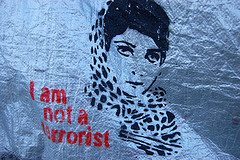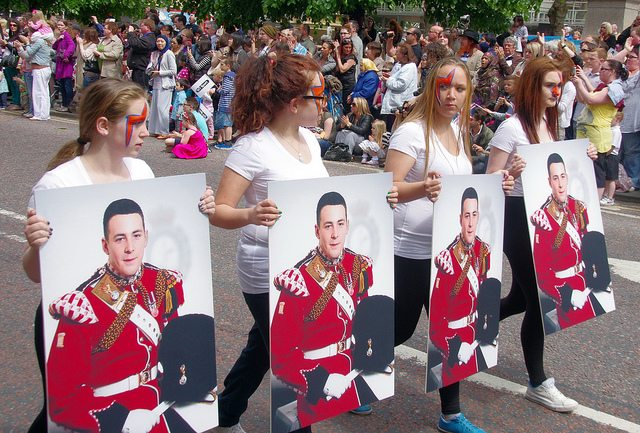Labelling ”terrorism”?
Saudi Arabia has returned to the global spotlight following a series of controversial decrees that legally define terrorism within the KSA. The laws have come under particular criticism for categorising atheists and any political dissenters as terrorists. We should condemn the Saudi authorities for taking such ludicrous steps. Not only are these decrees extremely damaging in terms of classifying basic human freedoms of religion and expression as crimes, they are also oppressive in their sentencing, with convicted individuals facing decades in prison without parole. However, we should not be surprised that a country has chosen to intentionally mislabel the word “terrorist”.
Take, for instance, the murder of Lee Rigby. A horrific incident that has led to a justified punishment for the perpetrators, which the authorities were quick to call it a terrorist attack during the first few hours, despite the fact that similar attacks are correctly identified as (brutal) murders. Even following the sentencing of Michael Adebolajo and Michael Adebowale, members of the Government insisted on categorising the incident as a “terrorist murder”.
 Not only is this extremely insulting to the families of the victims of these equally horrific but distinct crimes, but the warping of the word has a dangerous impact on global perceptions. Ask any person walking down the street in the UK what they think a terrorist looks like and chances are they will describe a dark-skinned man with a beard and a turban or a woman in a full-body veil.
Not only is this extremely insulting to the families of the victims of these equally horrific but distinct crimes, but the warping of the word has a dangerous impact on global perceptions. Ask any person walking down the street in the UK what they think a terrorist looks like and chances are they will describe a dark-skinned man with a beard and a turban or a woman in a full-body veil.
While it is pointless to argue the fact that the majority of contemporary terrorist organisations are Islamist in nature, the constant association of the former with the latter has eroded the real meaning of what terrorism is. Terrorism is no longer associated with an act aimed against a significant number of people in order to incite fear.
Ask any person walking down the street in the UK what they think a terrorist looks like and chances are they will describe a dark-skinned man with a beard and a turban or a woman in a full-body veil
While it is by no means a criminally-binding characterisation, as evidenced by the deviations that can be created by specific national laws, it is still the essence of what the word stands for. And yet, you would be hard-pressed to find anyone who would classify Columbine or Sandy Hook as acts of terrorism.
On the other hand, any form of lethal violence that is instigated by an individual who fits the stereotypical appearance of a Muslim would be called a terrorist incident without question. This not only perpetuates destructive stereotypes, it also creates conflict where there should be none. What Saudi Arabia has done is worrying indeed, but perhaps it serves as a reminder for us to reconsider how we approach the word as well.
[divider] flikr.com/chrisriebschlager
flikr.com/donaldjudge

Comments